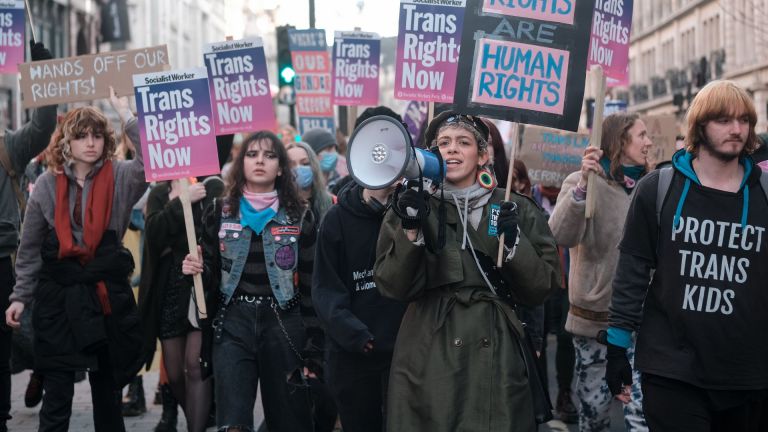Leading two small countries on opposite sides of the planet, Nicola Sturgeon and Jacinda Ardern have both won widespread respect and admiration for their strong, courageous and determined leadership. They are both women who have smashed through glass ceilings to reach the summit.
Sturgeon is the first woman (and longest serving person) to hold the office of first minister of Scotland. Ardern is the first leader of New Zealand (and second in the world, after Pakistan’s Benazir Bhutto) to give birth while in office. They both defended liberal policies and steered their countries through numerous crises with their calm, visible leadership.
But it is perhaps in their exit from office that the parallels are the most striking. Sturgeon’s resignation speech had many echoes of Ardern’s speech in January announcing her decision to stand down. Both cited the immense personal toll of leadership: long hours, lack of privacy, time away from family, and the human cost. Two women known for their feminism and their candour were willing to acknowledge that it is not possible to fire on all cylinders forever, and that once burnout hits, it is time to let someone else have a turn.
It is a running joke that quitting politics “to spend more time with the family” is a euphemism for being forced out for political reasons. For sure, each has faced her own challenges in recent months – Sturgeon is currently embroiled in the controversy surrounding transgender rights in Scotland, while Ardern was facing declining popularity and the prospect of losing the next general election.
But both still commanded the leadership of their party and the respect of their nation, and neither was under any imminent pressure to call it quits. In Sturgeon’s case, as she herself pointed out, she has weathered many a political storm. The current one is by no means the greatest challenge she has faced in her nine years as first minister. Indeed, in both cases the announcement came as a surprise. Both leaders chose their own moment to exit, and both chose to quit while they were still winning.
The fact that these exits come as such a shock is, in part, because of the stark contrast with recent examples of men who have attempted to cling onto office even after they had been shown the door. The former US president, Donald Trump refused to accept the outcome of a democratic election and stands accused of inciting insurrection in a desperate bid to hold onto power.










